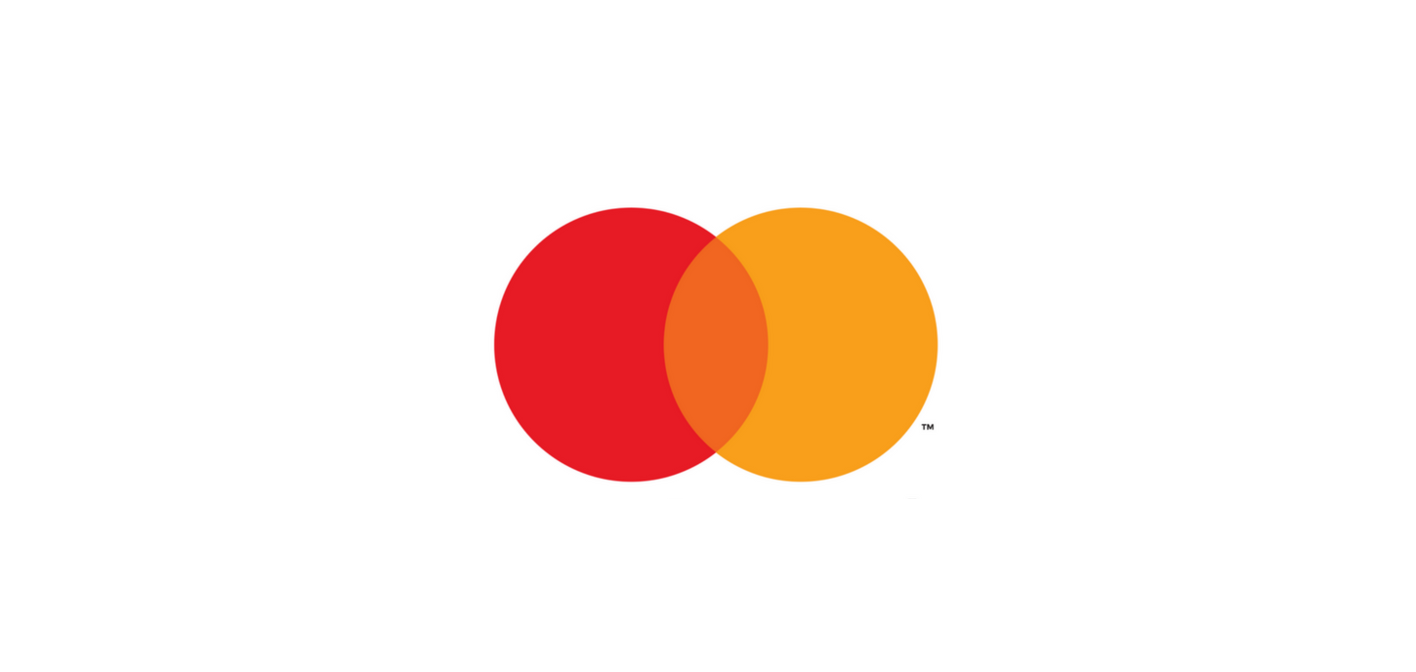In 2010 and 2012, the Social Science and Humanities Research Council of Canada (SSHRC) and the International Development Research Centre (IDRC) provided funding for two preliminary planning workshops in Toronto, Canada. The project then began the move into accessing development funding with a grant from the MasterCard Foundation (MCF) that provided support for a 2011 Workshop in Kampala, Uganda.
It was through the knowledge gained from the research and the earlier international workshops that prepared the project to apply for funds to carry out a study on the feasibility of developing a pilot project in the Dadaab camps in Kenya. In 2012, MasterCard Foundation provided one year of funding that enabled the production of a feasibility study report and a video about plans for the BHER Project. Another key outcome from the feasibility study was buy-in from university and INGO partners and the formation of a BHER “team” composed of university faculty researchers and administrators, graduate students, as well as residents of the Dadaab camps.
In February 2013, the BHER Project was awarded $4.5 million (with additional matching funds of $1.5 million from partnering Canadian organizations) from Global Affairs Canada (GAC), which was then known as the Canadian International Development Agency (CIDA). From 2013 to 2018, the BHER Project was funded by Global Affairs Canada to build infrastructure for the program; develop the certificate, diploma, and degree programs to be offered; deliver programs online and onsite to students in Dadaab; and thereby, overall, improve opportunities for higher education in the Dadaab camps and the surrounding region.
Since 2018, the BHER Project has been supported by Open Society Foundations (formerly Open Society Institute) and York University. We are thankful for the support of all our past and current partners and funders.





